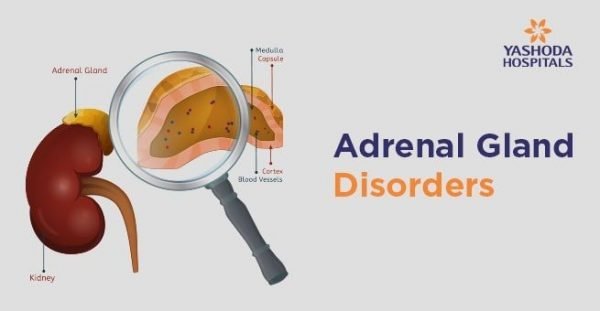

If you were faced with danger, all of these actions would help ensure you stay safe. Though cortisol has all of these negative features, it should be noted that they do play a purpose in the fight or flight response.

The resistance phase is when the body starts releasing cortisol, or the “stress hormone”, which is responsible for many of the damaging effects of stress. The resistance phase is where other hormones come into play. After the initial epinephrine release, the body goes into what's known as the "Resistance Phase." While adrenaline and noradrenaline are considered the main culprits for anxiety, nearly every organ releases hormones as a result of stress. Secondary Effects of Anxiety on the Endocrine System Your adrenal gland also releases norepinephrine, also known as noradrenaline which produces much of the same reactions in your body. For those with anxiety, however, this simply causes discomfort, worry, and distress. This improves oxygen flow to the heart, brain, and muscles and ensures your whole body is ready to take action to stay safe from danger. Slowing less important bodily functions and moving resources to other areas of the body.That adrenaline starts preparing your body so that it can react to danger by: When you have anxiety, your brain sends messengers to your adrenal gland to release epinephrine (adrenaline) into your body. Your endocrine system plays a crucial role in this, releasing many of the hormones that create your anxiety symptoms. Stress and anxiety affect nearly every gland in your body. Not every symptom of anxiety is caused by the endocrine system, but many of them are. The system itself is incredibly important, but the malfunction is what causes people so much distress. It's when you experience this reaction to danger chronically, even when no danger is present, that it becomes a problem. Your Fight or Flight ResponseĪnxiety is essentially a fight or flight response that is malfunctioning. The fight or flight system relies on the endocrine system - a system of glands in your body that releases hormones that trigger all of the effects of anxiety. While anxiety most certainly affects your day to day life, the symptoms of anxiety are actually caused by something your body needs.Īnxiety is simply the activation of your sympathetic nervous system, better known as your fight or flight response - a system that is supposed to keep you safe from harm. Most people think of anxiety solely as a mental health disorder - something they want to get rid of in order to live a more comfortable life.


 0 kommentar(er)
0 kommentar(er)
